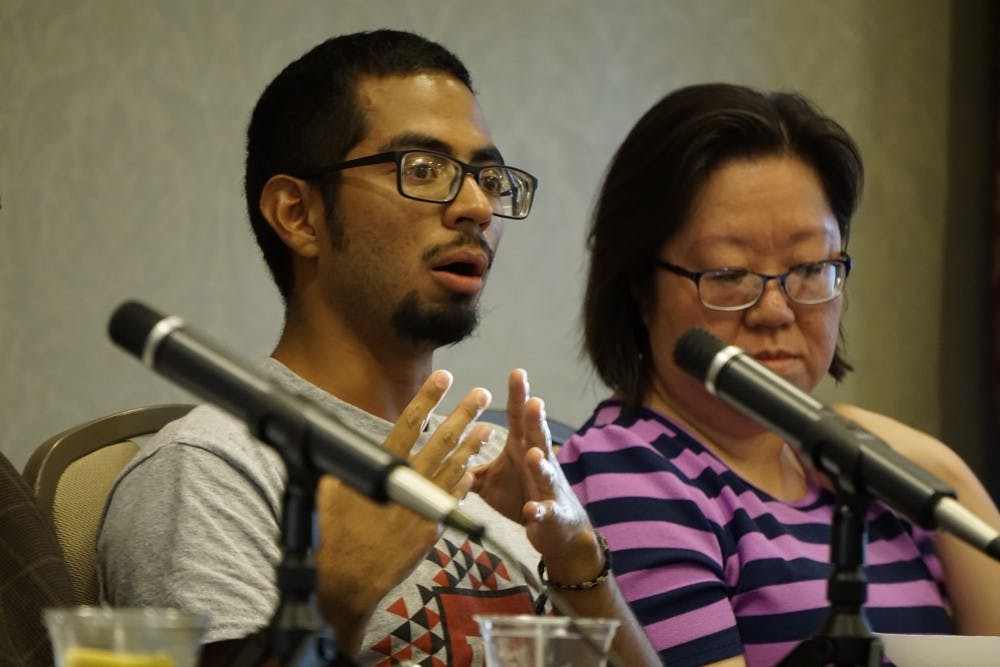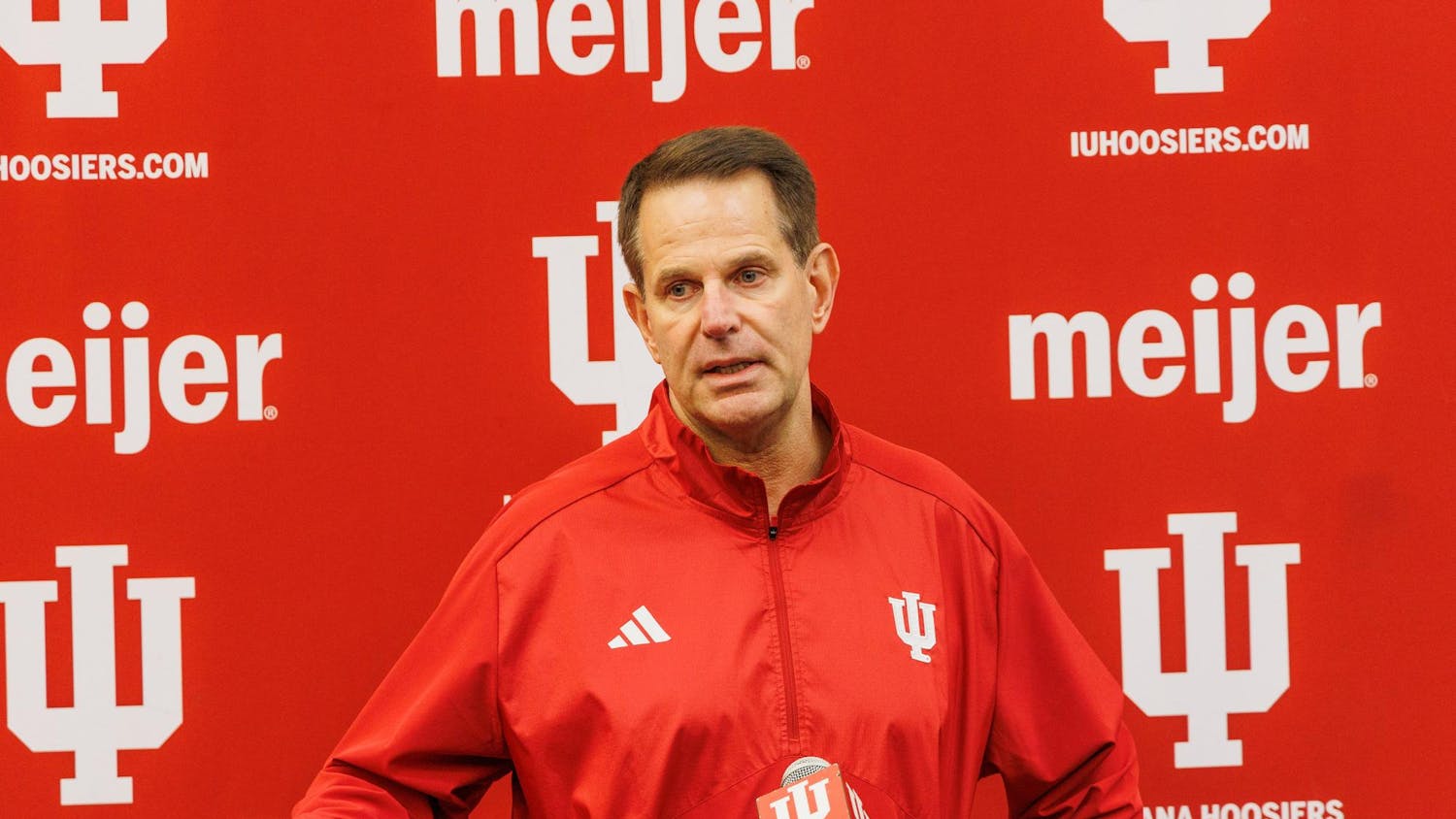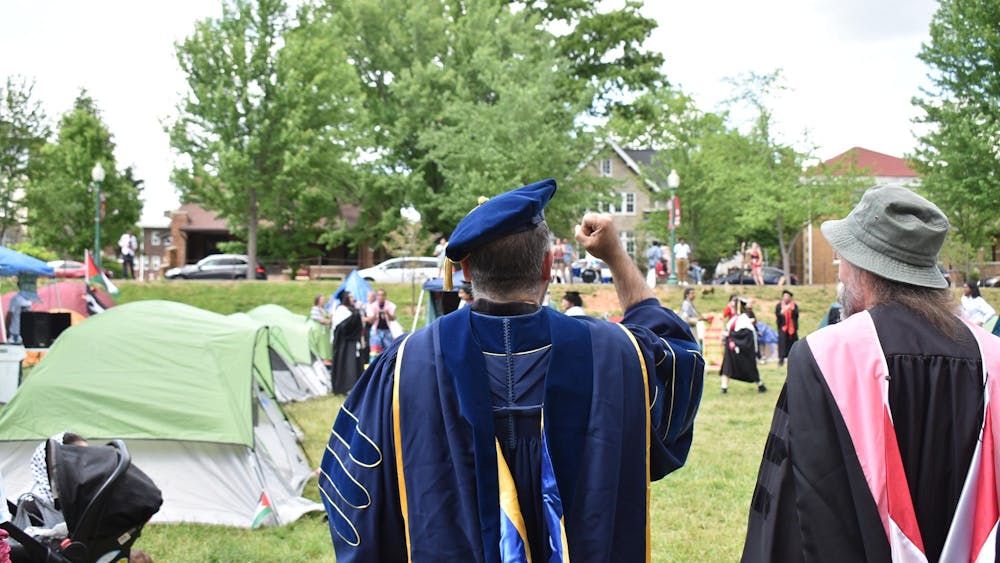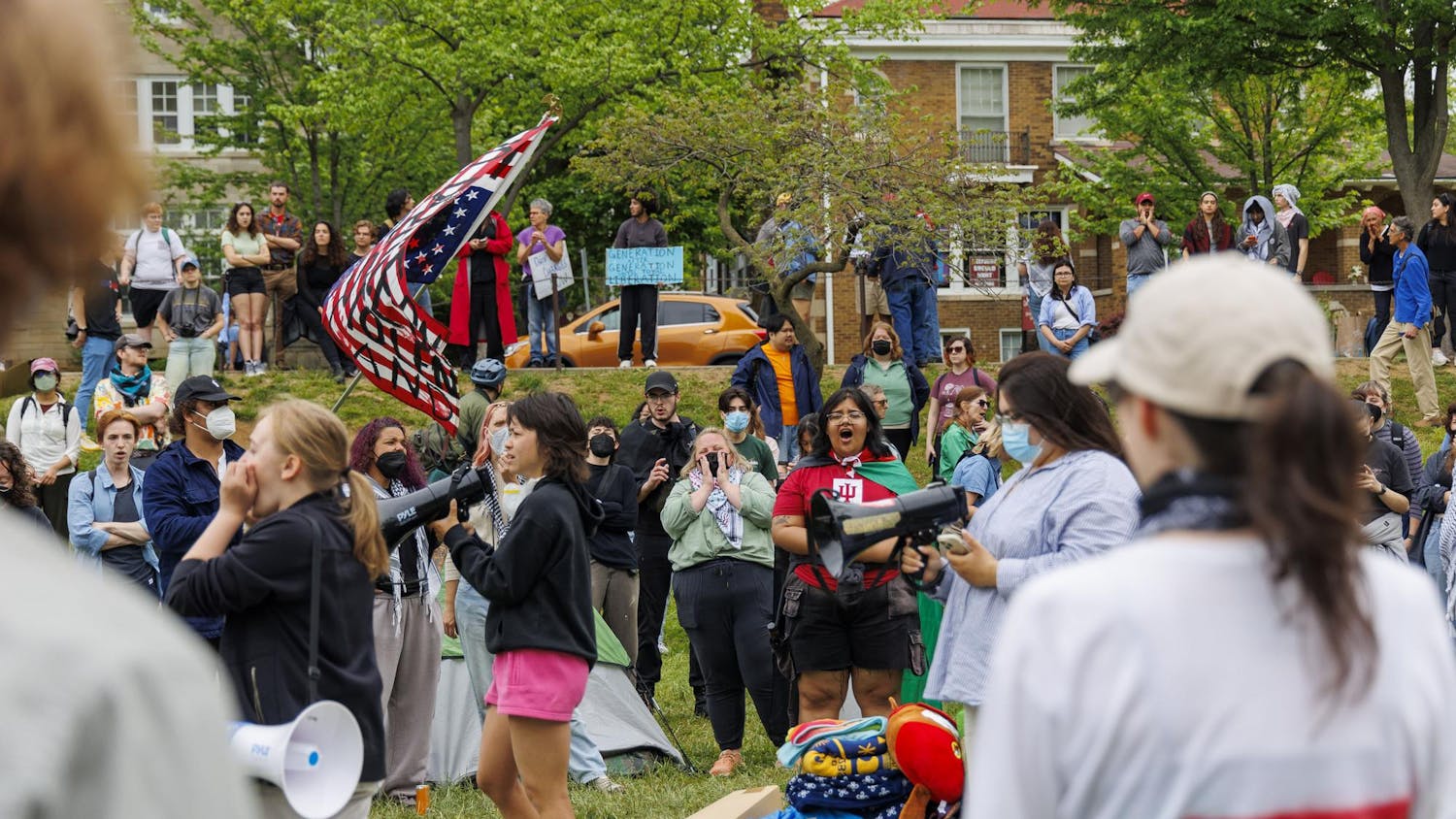When the burdens of injustice seem unbearable, many have turned to literature.
“For those of us who have been silenced, literature has been a way for us to fight back,” IU graduate student Willy Palomo said. “At times, that’s all we have.”
Thursday marked the beginning of the Deep Dialogue, a series of workshops and events at IU and the Monroe County Convention Center. The workshops, which will each discuss a different work of literature chosen by the panelists, are sponsored by The Writer’s Guild at Bloomington. The Office of the Vice President for Diversity, Equity and Multicultural Affairs co-sponsored the panel.
Lisa Kwong is a lecturer at IU and a poet. Growing up in southwest Virginia, Kwong discussed how isolated she felt as an Asian American. She used poetry to battle that.
“When we think of Asia, we think of calculus geniuses, Kung Fu movies and Chinese takeout,” she said. “What we don’t think about are things like the Chinese Exclusion Act, Japanese American internment camps or the half a million Southeast Asian refugees.”
While Kwong grew up with what she describes as “whitewashing of Asian history,” she began to gravitate toward Asian literature. This, she said, was the only medium at the time in which she felt she could express herself.
“I learned that if we don’t tell our own stories, then they won’t get told,” she said.
Palomo spoke of similar feelings of isolation. He grew up in Utah as the only Salvadorian in his community aside from his family, and his parents are both undocumented immigrants.
It wasn’t until Palomo turned 18 that he was taken to El Salvador to learn about his family’s history.
“I was so furious that I had been in the dark for so long,” he said. “Why had my family waited all this time?”
The reason why his family refused to take him until then was because the conversation they would have to have would be so difficult, he said.
“They didn’t want to tell me about our history because our history contains so much hardship,” he said.
This was when Palomo turned to Latinx literature, in order to educate himself about his history and culture.
“Literature provides us with a window to have difficult conversations like the one I had with my family,” he said.
Similarly, IU Professor Emeritus John McCluskey spoke of the difficult history of the black community.
“So many slave narratives are written where the black community is not even portrayed as human, let alone human with equal rights to the white community,” he said.
McCluskey spoke of the burdens of being both invisible and hyper-visible to the white community, where good acts in the black community are rarely recognized, and bad acts are always in the spotlight.
“It’s all too complicated,” he said. “To be civilized is to be a human being.”
Associate instructor Traci Jordan spoke of the loss of land, culture and language in the Native American community.
“We receive very little to no recognition or representation in society,” she said. “To some, we are only questionably human.”
Jordan spoke of the increasing importance of literature in the reemergence of native culture, especially when stories used to only be exchanged orally.
“We need to be fiercely protective of our literature,” she said. “There are so little of us left that we can no longer only rely on spoken word.”
Jordan ended by saying literature does not limit itself only to books.
“Stories can be told in so many mediums nowadays,” she said. “Whether it be on the web, through an app or in a video. Whatever the medium, I encourage you all to spread your stories.”
This article has been updated to account for the following clarification and correction:
Deep Dialogue: Readings on Race and Ethnicity features one panel, four workshops and a closing dialogue for people who have attended the previous dialogues. These events will run from Sept. 7 through Oct. 14. The panel was co-sponsored by the the Office of the Vice President for Diversity, Equity and Multicultural Affairs. Additionally, IU Professor John McCluskey is professor emeritus.
The dialogues are sponsored by the Writer's Guild at Bloomington. Lisa Kwong is an adjunct lecturer. The IDS regrets these errors.






